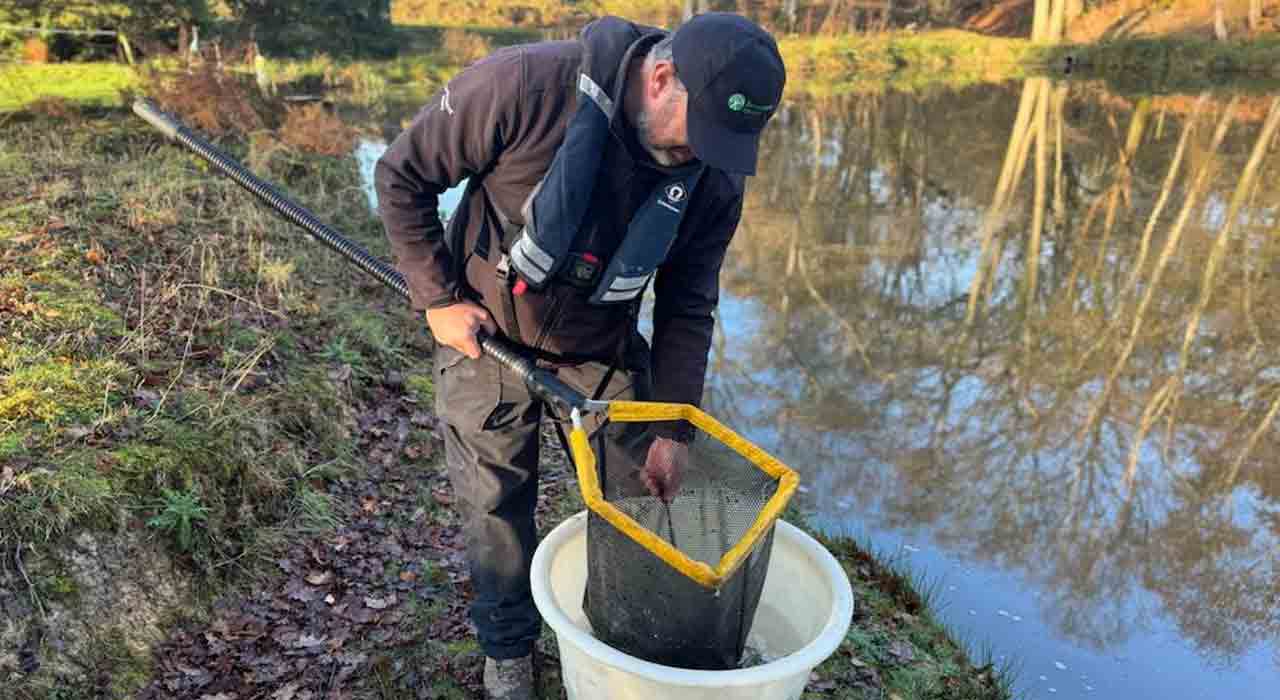Anglers in Kent and across the country can rejoice as the Environment Agency’s annual fish restocking program brings them a ‘FISHmas’ surprise.
Thousands of juvenile fish of various species have been released into rivers, still waters, and local clubs in the South East.
The fish restocking program is a key component of the Environment Agency’s efforts to improve fisheries around the country. The fish are bred and raised at the Calverton Fish Farm near Nottingham, which has been the main source of coarse fish for the Environment Agency for 32 years. The fish are quality, pure-bred, and disease-free, and are used to replenish our rivers every winter.
Joe Kitanosono, Fisheries Officer at the Environment Agency, said:
“By releasing over 48,000 fish into our South East waters, we are helping to increase our local fish populations. Our breeding program aims to enhance fishing by providing more stocks and opportunities for anglers.
Angling is a beneficial outdoor activity that can improve mental health, so we hope that our waters and clubs will appeal to both new and experienced anglers.
We collaborate with our partners to safeguard and improve our fish populations, by tackling pollution, enhancing habitats, water quality, and fish migration. This vital work is made possible by rod licences.”
The fish released into the wild have gone through a complex 18-month process. They are produced by hand from sperm and eggs, and incubated in fresh water with controlled temperature for 3 to 30 days, depending on the species. They are then fed with tiny brine shrimp and stocked in ponds onsite. When they reach 18 months, they are ready for their biggest journey.
They are transferred into large tanks with oxygen and loaded onto trucks that transport them across the country. At their destination, fisheries officers gently remove the fish from the tanks and release them into our rivers. Winter is the best time for restocking, as the low water temperature reduces stress on the fish and improves their survival rates. It also allows them to adapt to their new environment, before they spawn in the spring.
Environment Agency fisheries officers use data from national fish surveys to determine where the fish are most needed, based on factors such as breeding, survival, and pollution. These surveys help the Environment Agency ensure that the fish are distributed to the right places and support angling clubs to improve local fishing spots.
Fish are essential for maintaining a balanced eco-system in a river, so the restocking program also benefits the wider natural environment. It’s a win-win situation for everyone!
Another 25,000 fish will be delivered to the South East in the New Year.
